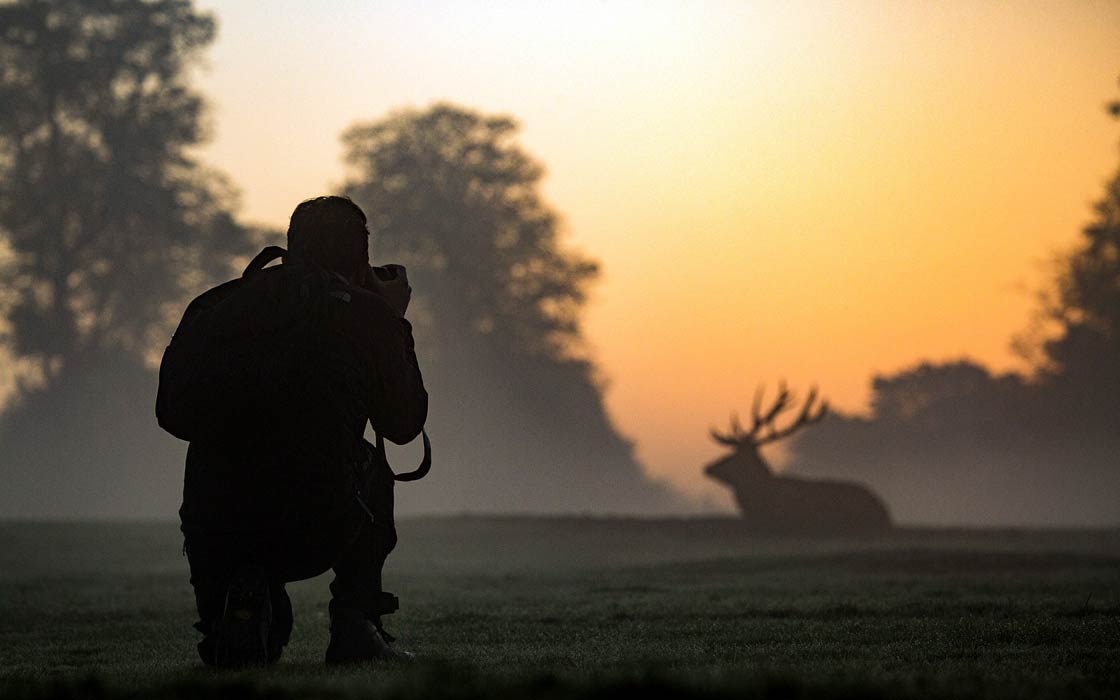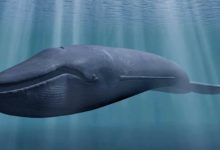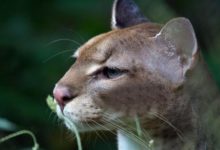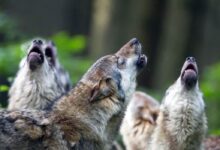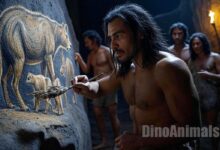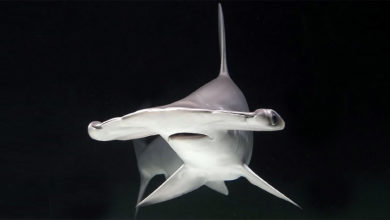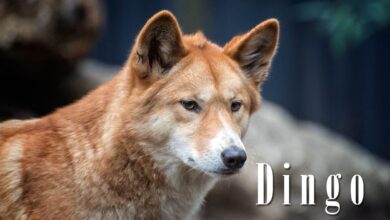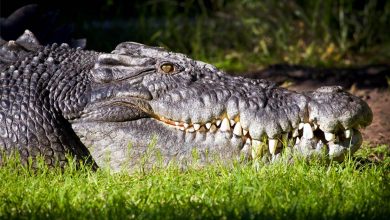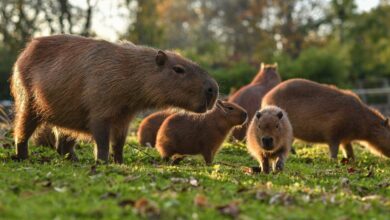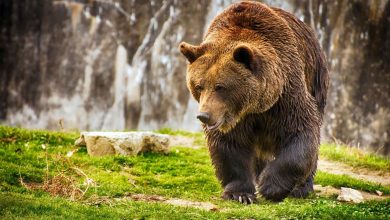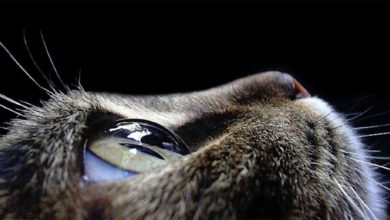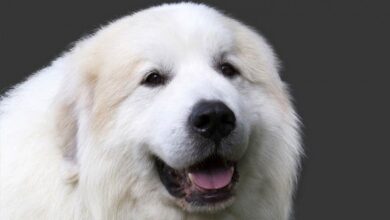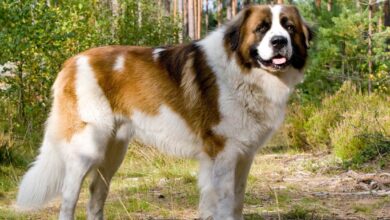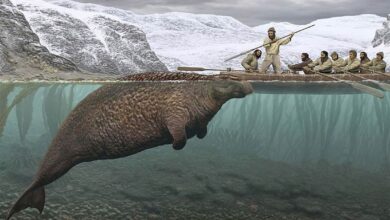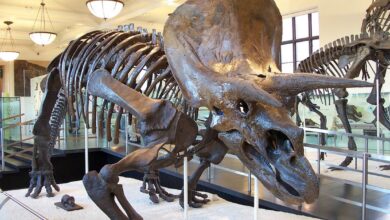Careers in Wildlife Photography and Journalism
Jooble Recommendations: Careers in Wildlife Photography and Journalism
Are you dreaming of a career that combines your love for the natural world with your passion for storytelling? Looking for careers in wildlife photography and journalism? You bet! It is, without a doubt, an amazing profession to explore. Such a career offers the unique opportunity to document the beauty and fragility of our planet.
However, be aware that forging a path in this field requires dedication, talent, and a strategic approach. To help you navigate the possibilities, here are some of the best employment options to consider. Let’s dig deeper into all the possible roles. Ready to grab your camera (or notepad!)? Explore the exciting landscape of wildlife photography and journalism careers.
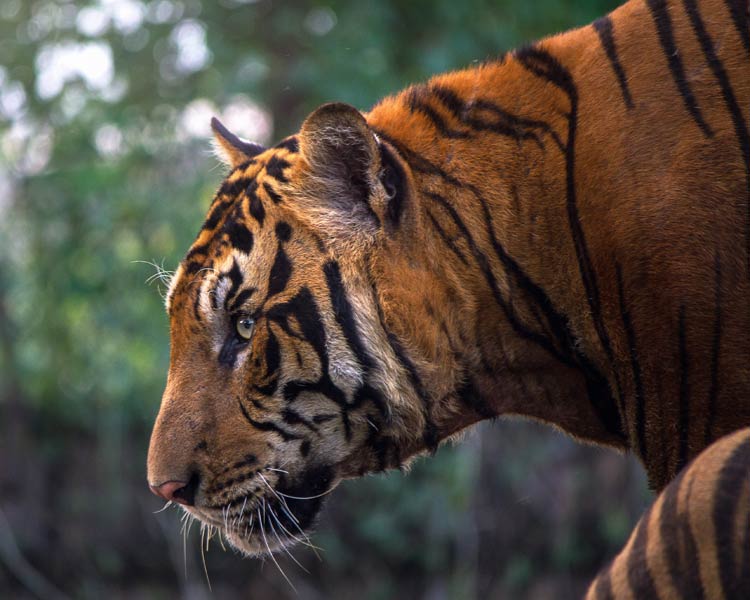
Careers to Consider — Jobble Insights
Have no idea what employment options are available to you? You are not alone. It is a tough question that many novice specialists are faced with. But here is a trick. Based on a thorough examination of countless job postings on their platform, the career experts at Jooble have rolled out a handpicked selection of the best careers in the fields of wildlife photography and journalism.
Take a good, hard look at this list and really think about which path strikes a chord with your unique skills, interests, and dreams. This could be the first step toward a rewarding and meaningful career. The fields are a mixed bag. Do not rush with making a decision — check all the options and pick online work abroad on the Jooble employment site.
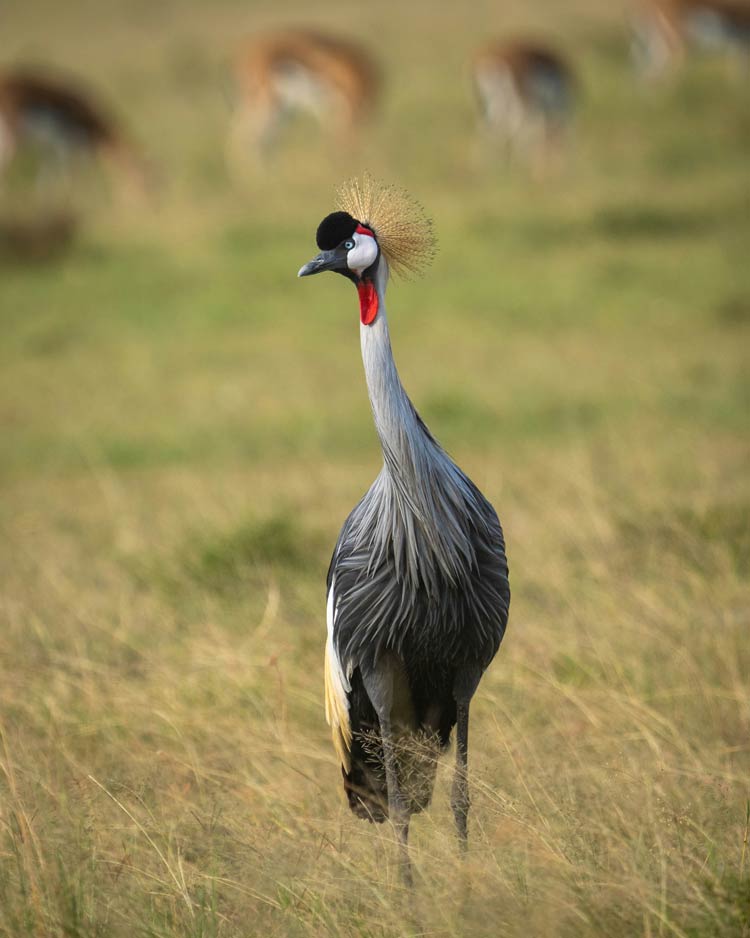
Freelance Wildlife Photography
This is the largest and possibly the toughest category of wildlife photographers. Freelancers have to be their own boss in the sense that they are in charge of their entire business: sourcing and shooting, self promoting their work and finding clients. It is only achieved by building up a solid portfolio of work representing superior technical ability, artistic vision and up close knowledge of how wildlife behaves.
They can sell images to stock agencies, a magazine like National Geographic or BBC Wildlife, a conservation organization, or private collectors. As a freelancer, you can pick out something specific in which you specialize. It can be just anything — from bird photography and marine life to documenting endangered species. That meant networking within the industry, learning social media, and always delivering very good work.
Requirements:
- Strong photography skills (camera operation, composition, editing)
- Deep knowledge of animal behavior and natural history
- Patience, adaptability, and the ability to work in unpredictable conditions
- Training or courses in photography, biology, or environmental science are helpful but not always required
- Physical fitness and survival skills for fieldwork
- Networking and self-promotion for freelance work
- Portfolio of wildlife work; published work is advantageous
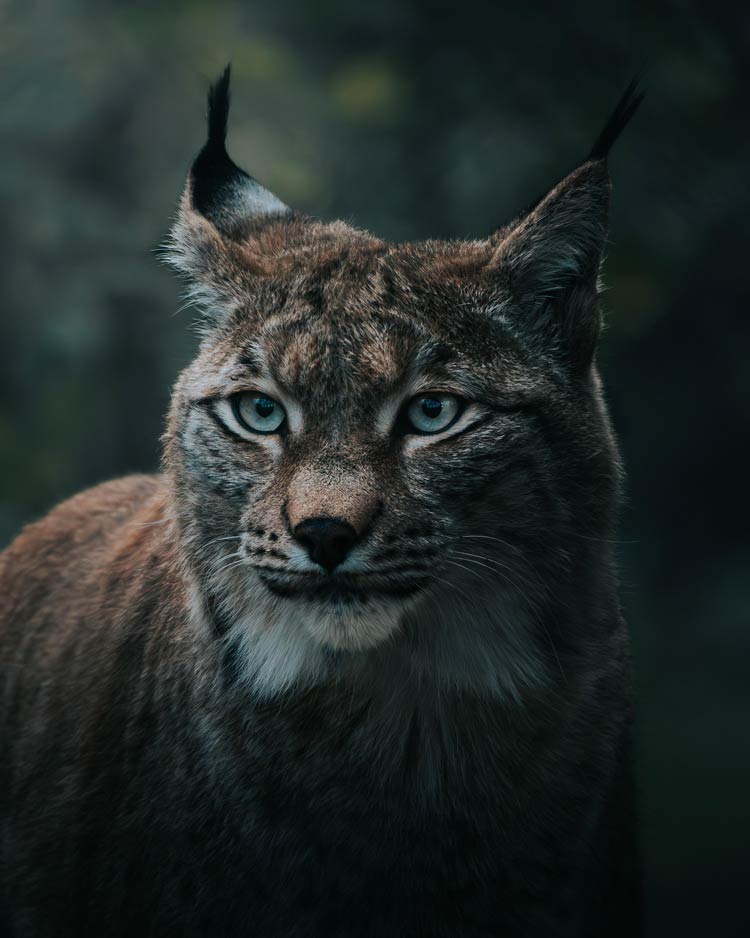
Wildlife Journalism / Writing
Wildlife journalists are the storytellers of the natural world. They bring complex scientific research and conservation issues to a wider audience. They may work for newspapers, magazines, online publications, or even broadcast media. The role requires strong writing skills, a keen understanding of scientific principles, and the ability to translate complex information into engaging and accessible narratives.
Wildlife journalists often travel to far-flung locations to report on environmental challenges, interview scientists and conservationists, and document the impact of human activity on wildlife populations. They might specialize in specific areas such as climate change, biodiversity loss, or the illegal wildlife trade.
Requirements:
- Excellent writing, editing, and research skills
- Degree in journalism, biology, environmental science, or related field
- Experience in wildlife/environmental writing or reporting
- Ability to interview experts and synthesize scientific information
- Knowledge of conservation issues and policies
- Ability to meet deadlines and manage multiple projects
- Digital skills (content management systems, social media, basic photo editing)
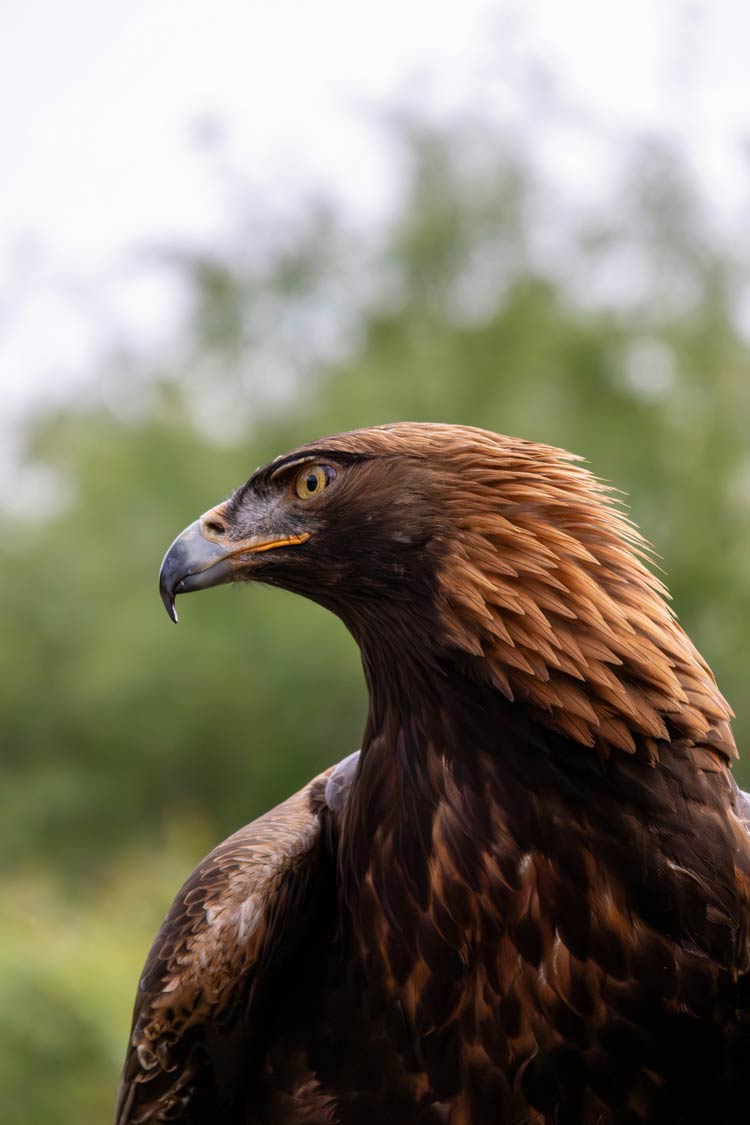
Photo Editor / Picture Researcher for a Wildlife Publication
Photo editors and picture researchers are the gatekeepers of visual content for wildlife publications and websites. They are responsible for sourcing, selecting, and editing photographs to illustrate articles and stories. This role requires a keen eye for detail, a strong understanding of photographic techniques, and a broad knowledge of wildlife photography styles.
Specialists in this field should be able to identify compelling images that are both technically proficient and ethically sourced. Photo editors often work closely with photographers. They provide feedback and guidance to ensure that the images meet the publication’s standards. They also need to be proficient in image management software and have a strong understanding of copyright laws.
Requirements:
- Editorial and visual judgment
- Digital-first mindset
- Photo research expertise
- Technical proficiency
- Passion for wildlife, conservation, and visual storytelling
- Ability to work quickly and accurately under tight deadlines
- Flexibility to adapt to new digital tools and evolving editorial needs
- Up-to-date knowledge of social media best practices for visual content
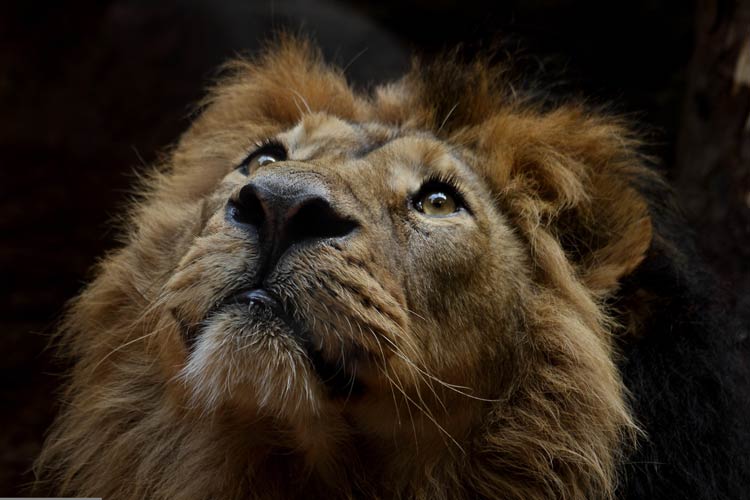
Documentary Filmmaker Specializing in Wildlife
If you love to share with the audience the incredible power of motion pictures, then documentary movies set up an unforgettable possibility for this endeavor, promoting the art and protection of the world’s nature. This role requires a combination of technical skills in filmmaking, including cinematography, sound recording, and editing, as well as strong storytelling abilities.
Documentary filmmakers can take several months or even years to prepare and capture their scenes. Make films that encourage the people into taking necessary actions towards the protection of wildlife. The impact of wildlife documentaries can be significant, raising awareness about critical conservation issues and inspiring positive change.
Requirements:
- Strong practical interest in wildlife
- Degree in zoology, biology, ecology, or a related science-especially
- Camera operation and filmmaking techniques
- Storytelling and scriptwriting
- Research and natural history knowledge
- Field and survival skills
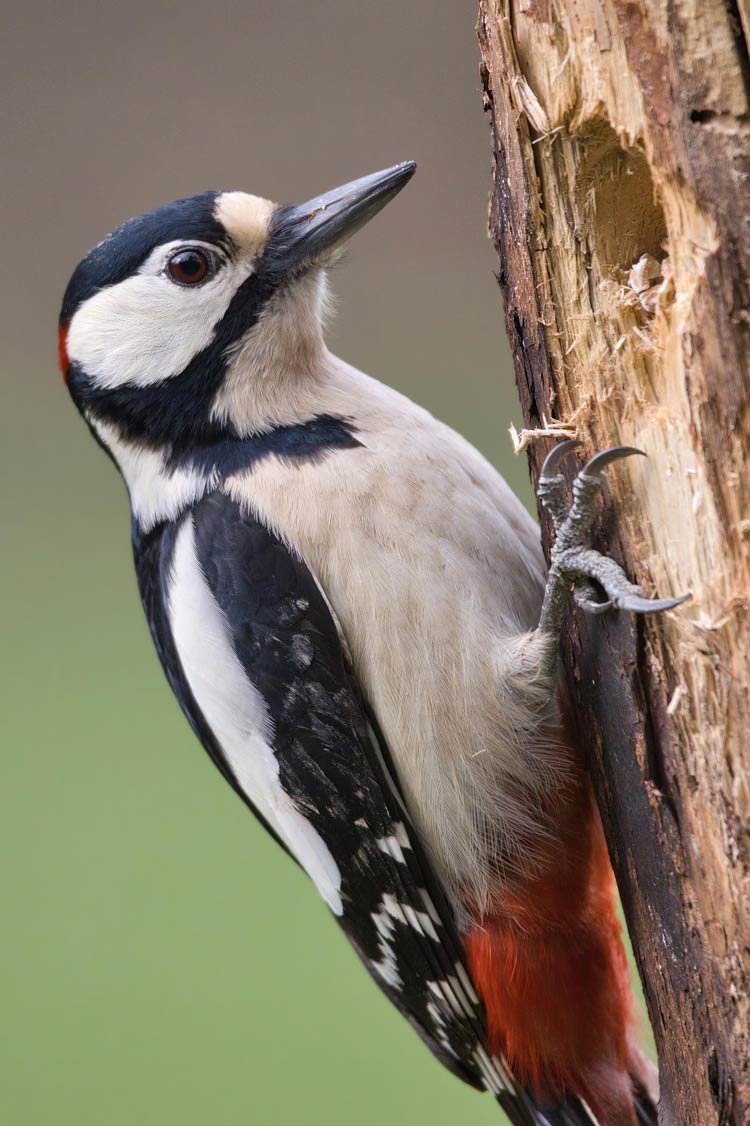
Pick a Career That Resonates With You
A career in wildlife photography and journalism is more than just a job; it’s a calling. It requires passion, dedication, and a willingness to embrace challenges. However, the opportunity to contribute to the understanding and protection of the natural world makes it a rewarding and impactful career path for those who are committed to making a difference. If you are ready for that, then go ahead — pick any of the above professionals and give it a try!

